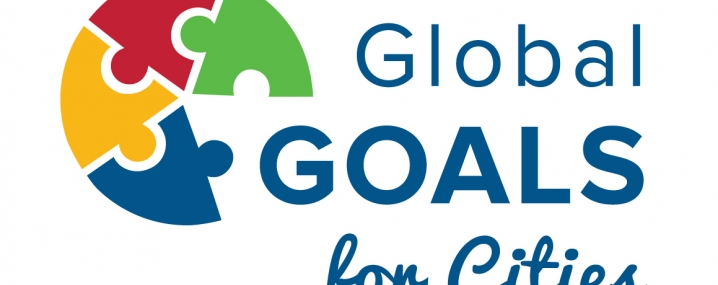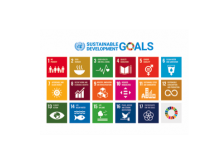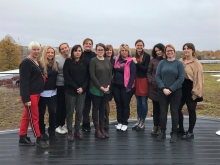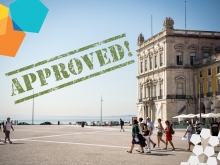La Rochelle
La Rochelle Urban Community has competencies in many domains, ranging from land planning to economic development, energy, environment and quality of life, waste management and prevention, water management and risks prevention, ecological resilience, urban policy, socially balanced housing, employment and higher education, mobility and transport. More than a simple pooling or co-management of services, La Rochelle Urban community was thought from its creation as a territory of projects. A means of carrying out common actions in the service of all, but also an opportunity to acquire large-scale equipments capable of ensuring its development and influence. In 50 years, its achievements have made it possible to build and shape a dynamic and attractive territory.
The natural assets of the territory of La Rochelle urban community generate positive flows from a demographic, economic or tourist point of view, while raising challenges that will have to be tackled in the coming decades in terms of housing policy, soil and demographic balance, mobility and above all sustainable development.
This course is especially reflected through the process "La Rochelle Zero Carbon Territory ", winner since 2019 of the national call for projects "Territories of innovation". By working on the land/ocean relationship, the La Rochelle consortium (urban Community, City of La Rochelle, University, Atlantech, Port Atlantique and 130 local partners) aims to reduce the territory's carbon footprint by 30% by 2030, and to achieve carbon neutrality by 2040, in order to propose a virtuous and replicable model to other territories.
This unique positioning is the spearhead of an ambitious human and urban development program by combining sobriety, innovation, solidarity and cooperation. In order to achieve this, technological, sociological, organizational, economic and political responses must be implemented in a combined and coordinated manner, according to a global vision and a systemic approach. The project is based on 10 axes: 7 operational axes (blue carbon, industrial ecology, soft and autonomous mobility, self-consumption and renewable energies, efficiency of buildings and networks, agro-ecological and food transition and sustainable tourism) and 3 transversal axes (citizen participation, territorial governance of data and the territorial carbon aggregator, or Carbon Cooperative[1]) particular through the sale of carbon credits, and to ensure the assessment of the environmental impact of actions.
On participating in the GG4C project:
Many projects led by the urban community and local stakeholders refer directly to the Sustainable Development Goals, nonetheless without developing a shared vision on:
- what they really mean (targets, indicators),
- how they could help define a strategic vision of the territory for the next ten to twenty years (systemic vision, integrated approach),
- their potential in terms of relations with stakeholders and inhabitants of the territory but also with regard to cooperations and partnerships (multi-level governance).
The ‘Global Goals For Cities’ project will support La Rochelle City and Urban Community with its partners to achieve this shared vision.
[1] The La Rochelle Carbon Cooperative, which brings together companies, banks, local authorities, associations, training and research organizations, associations, and citizens, supports the promoters of emission reduction projects throughout their journey. The certification of projects will make it possible to provide co-financing, in
SOME RELATED NETWORKS
Freight TAILS
Global Goals for Cities
News
URBACT launches a SDG network!
Article
“Gender is everywhere”: Introducing the Action Planning Network GenderedLandscape
News





